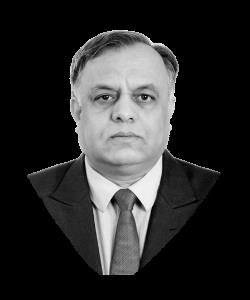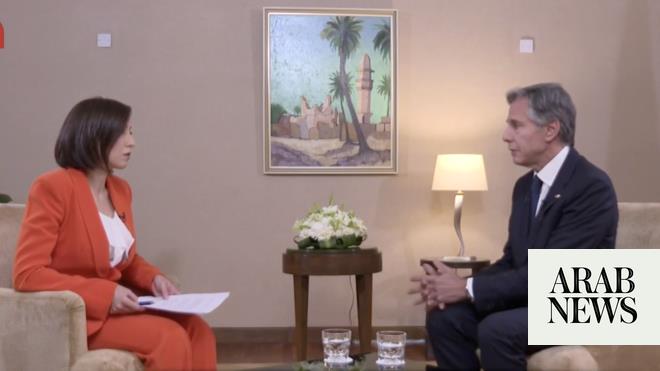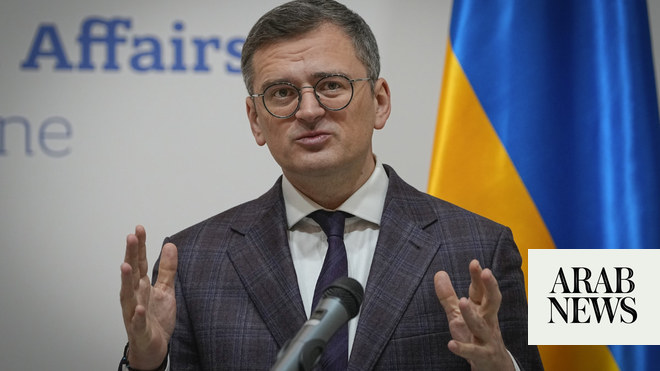
On the joyous occasion of the 77th Independence Day of India, I extend warm greetings and felicitations to all Indian citizens, persons of Indian origin and friends of India in Saudi Arabia.
On this day, we remember all those who fought for India’s freedom with great courage and determination and also salute our brave soldiers who continue to guard our frontiers and the many who have, over the years, sacrificed their lives protecting our motherland. This year, we are especially observing the “Meri Maati Mera Desh” (My Motherland, My Country) campaign, paying respects to our motherland and remembering all those who have sacrificed their lives for the safety and security of the nation.
This independence day marks the culmination of the celebrations of “Azadi Ka Amrit Mahotsav,” commemorating 75 years of India’s independence. As we enter the “Amrit Kaal” in the lead up to “India@100” in 2047, it is once again a time to remember the “Panch Pran,” the five resolves Prime Minister Narendra Modi has given to us for building a modern, vibrant and developed India. These are: Make India a developed nation; root out all traces of a slave mindset; be proud of India’s rich culture and tradition; work for the unity and integrity of India; fulfill the duties of citizens; honor those who defend the nation; and work to fulfill the dream of a developed India in 2047.
As a nation, we are proud of our civilizational roots and our cultural ethos. Over the centuries, Indian civilization not only provided a home for all the convergent philosophies of the world, but it also helped in the evolution of new concepts and ideas. Indian culture and civilization continued to inspire the world throughout history. As the mother of democracy, India has always believed in “Vasudhaiva Kutumbakam,” meaning that the whole world is one family.
In modern times, as a comparatively young nation, India has emerged as one of the leading nations on the global stage in terms of educational, scientific, technological and economic progress, making it one of the fastest-growing economies in the world. India is the largest democracy and has the world’s longest constitution. The Constitution of India provides the country with the core democratic principles of justice, liberty, equality and fraternity, nurturing a pluralistic society, embracing diversity and committing to provide equal opportunities for all its citizens.
India is one of the fastest-growing economies in the world. It is now a $3.1 trillion economy, making it the fifth-largest in the world. India is also well on course to become a $5 trillion economy. A conducive domestic policy environment, tax reforms, ease of doing business and the government’s focus on structural reforms and massive infrastructural upgrades have infused new momentum into the Indian economy. Today, India is one of the most favored destinations for foreign direct investments. India is also becoming a hub for innovation and cutting-edge technologies in various fields. India and Saudi Arabia have long enjoyed close and warm relations and their bilateral relations are based on mutual respect, trust and cooperation. The presence of a more than 2.4 million-strong Indian community in the Kingdom is a living bridge between our two great countries. The Indian community in the Kingdom has been an integral part of the developmental story of Saudi Arabia.
I thank the leadership of Saudi Arabia for taking care of the Indian community in the Kingdom. I also take this opportunity to extend thanks to Saudi Arabia for helping us in evacuating Indian nationals from Sudan as part of Operation Kaveri. India rescued more than 3,500 of its nationals from Sudan as part of the operation. While the Indian navy and air force played the central role in the evacuation operation, it would not have been possible without the excellent cooperation and support of all Saudi officials and government organizations.
Since independence, India’s bilateral relations with Saudi Arabia have progressively evolved into a multifaceted and mutually beneficial strategic partnership encompassing several key areas of engagement, including cultural exchanges, defense and security cooperation, trade and investments, healthcare, technology, energy security and food security. These relations were given further impetus with the visits of Modi to Saudi Arabia in 2016 and 2019 and the visit of Crown Prince Mohammed bin Salman to India in 2019. In 2019, we also set up the India-Saudi Arabia Strategic Partnership Council to cover the entire gamut of our bilateral relations. We look forward to continuing to work closely with our Saudi partners to actualize the opportunities identified under the framework of the council.
People-to-people contacts are a very important component of our bilateral relations. The e-visa facility extended to Saudi nationals by the Indian side and the range of visa options now available for Indians wanting to visit Saudi Arabia will not only boost tourist and business travel but will also further enhance our people-to-people contacts.
A number of Indian cultural troupes and Bollywood personalities have visited Saudi Arabia in the recent past. Saudi Arabia also hosted this year’s semifinals and final of the Indian national football championship known as the Santosh Trophy. Saudi artisans participated in the Surajkund festival earlier this year. Saudi Arabia is also becoming a favored destination to shoot various Bollywood movies. Yoga and cricket are getting popular in the Kingdom and will provide further avenues for us to work together.
In recent years, Indian-Saudi bilateral commercial relations have charted an unprecedented growth trajectory, with an increasing number of business engagements in diverse fields. During 2022-23, India’s imports from Saudi Arabia reached $42.03 billion and exports to Saudi Arabia were worth $10.72 billion, registering an increase of 22.48 percent on the previous year.
The major Indian exports to Saudi Arabia include engineering goods, petroleum products, chemicals, cereals and food products, while the Saudi export basket to India includes mineral fuels, fertilizers, chemicals and plastics. India is the second-largest trading partner for Saudi Arabia, while the Kingdom is the fourth-largest trading partner for India.
With the opportunities emerging under Saudi Arabia’s Vision 2030 and Indian initiatives such as “Atmanirbhar Bharat” and “Make in India,” bilateral investment exchanges have also expanded to include varied sectors in both economies. More than 2,000 Indian companies are active in Saudi Arabia and are benefiting from the immense economic opportunities available here. Guided by the leadership’s vision, the Indian Embassy is working toward developing a comprehensive bilateral economic partnership entailing diversified and voluminous trade and investment ties.
Apart from the traditionally strong energy partnership, where Saudi Arabia is one of the largest suppliers of crude oil and liquefied petroleum gas to India, both countries are keen to widen bilateral ties to include novel areas of cooperation, such as renewable energy, mineral exploration, fintech projects, green hydrogen, sustainable building materials and start-up collaborations.
Both sides are committed to removing trade barriers and regulatory issues to further increase bilateral trade and investment. India is also in discussions with Gulf Cooperation Council authorities for the resumption of free trade agreement negotiations, which would enable us to tap into the unrealized potential in terms of economic opportunities in Saudi Arabia, specifically, and the GCC region in general.
The bilateral defense cooperation between India and Saudi Arabia witnessed further consolidation this year, with engagements at an all-time high, showcasing the strong bond and mutual trust between our two great countries.
The second edition of the bilateral “Al-Mohed Al-Hindi” naval exercise between India and Saudi Arabia was conducted in May, with the participation of INS Tarkash, INS Subhadra and one maritime patrol aircraft. Already this year, 10 Indian naval ships have visited the various ports of the Kingdom. For the first time, Indian fighter planes also visited Saudi Arabia earlier this year. There is a continuous stream of delegations and trainees shuttling between India and Saudi Arabia. The defense industries of both sides are also exploring various opportunities for collaboration.
Bilateral engagements have intensified this year in the context of the G20. India is holding the presidency of the group this year and a number of Saudi ministers and officials have visited India to attend various meetings. The two countries have been very closely coordinating on various issues in the G20. We look forward to the Kingdom’s participation at the highest level in the upcoming G20 Summit in September. Similarly, we continue to work together and coordinate our positions in various international forums.
As the ambassador of India to Saudi Arabia, I feel immensely privileged to take this partnership forward to greater heights. It is my strong belief that India-Saudi Arabia bilateral cooperation will be a defining relationship of this century.
On behalf of the government and people of India, including the Indian community in Saudi Arabia, I extend best wishes to King Salman and the crown prince for the continued peace, progress and prosperity of Saudi Arabia.
Jai Hind.
Long live Indian-Saudi relations.
Dr. Suhel Ajaz Khan is India"s ambassador to Saudi Arabia.












